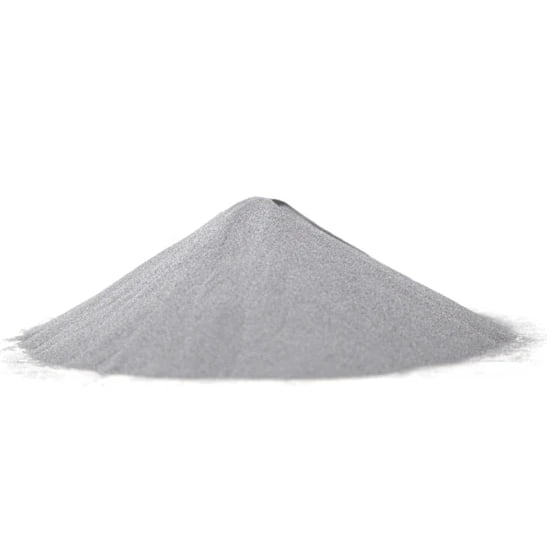
Additive Manufacturing Powder
Additive manufacturing (AM), also known as 3D printing, relies on metallic and non-metallic powders to build components layer-by-layer. Choosing a reputable AM powder supplier is crucial for achieving optimal material

Additive manufacturing (AM), also known as 3D printing, relies on metallic and non-metallic powders to build components layer-by-layer. Choosing a reputable AM powder supplier is crucial for achieving optimal material
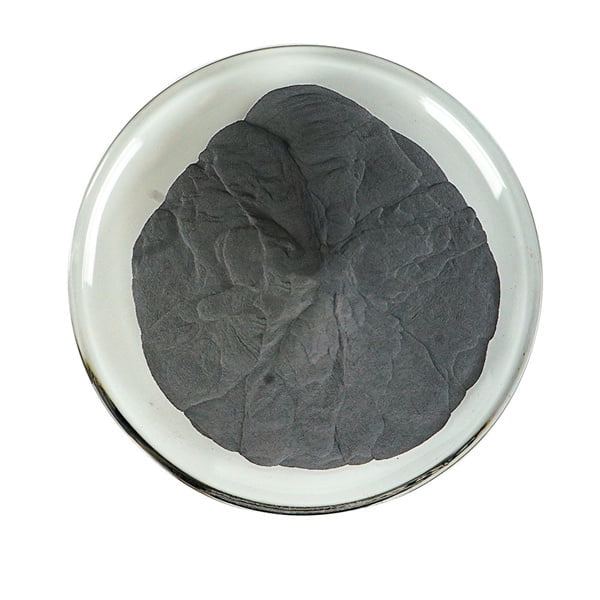
Significance of Additive Manufacturing Powder Suppliers Additive manufacturing, particularly 3D printing using metal powders, is a rapidly evolving field. Suppliers like Metal3DP Technology Co., LTD play a crucial role in
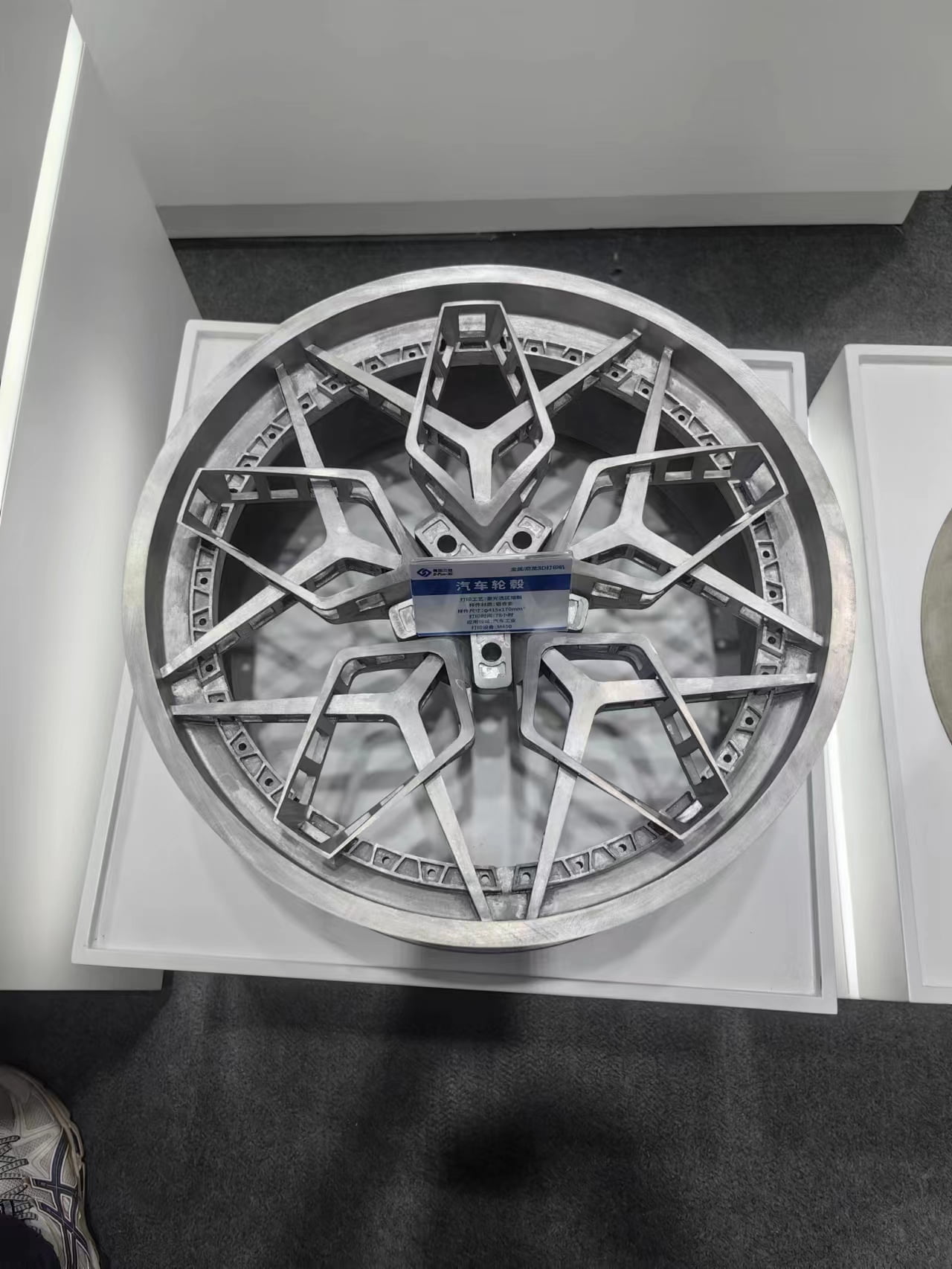
7050 aluminum alloy powder is a high-strength material increasingly used across aviation, aerospace, automotive and other demanding industries. This advanced alloy powder combines excellent mechanical properties with good corrosion resistance.

Significance of Iron Alloys Powder Iron alloy powders are crucial materials used in manufacturing a wide range of products. These powders are made up of various iron particles, ranging in
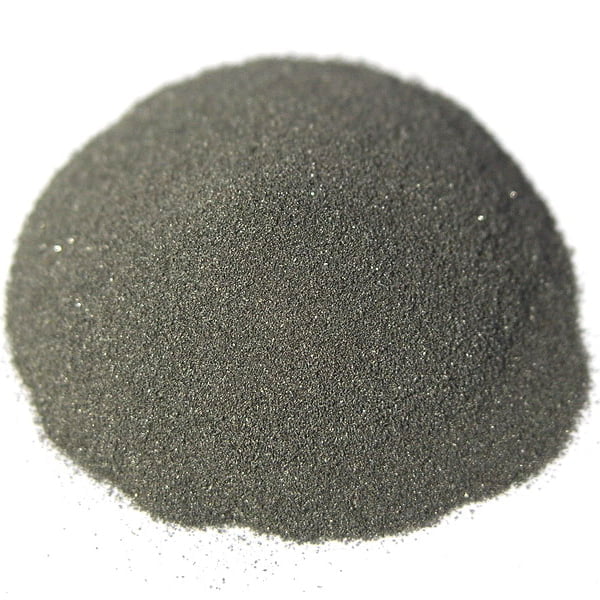
MIM Metal Powder (MIM) is an efficient manufacturing process that combines the design flexibility of plastic injection molding with the strength and properties of machined metal parts. The key material
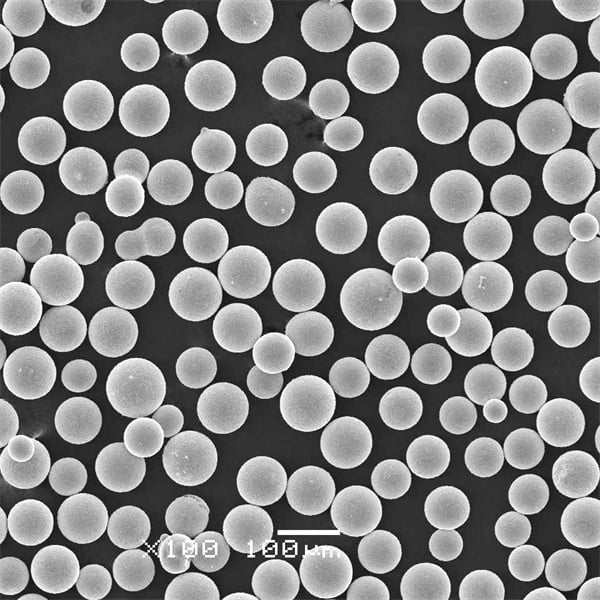
Stainless steel powder is a versatile material with applications across many industries. This guide provides a comprehensive overview of stainless steel powder, including manufacturing methods, grades, properties, applications, and more.
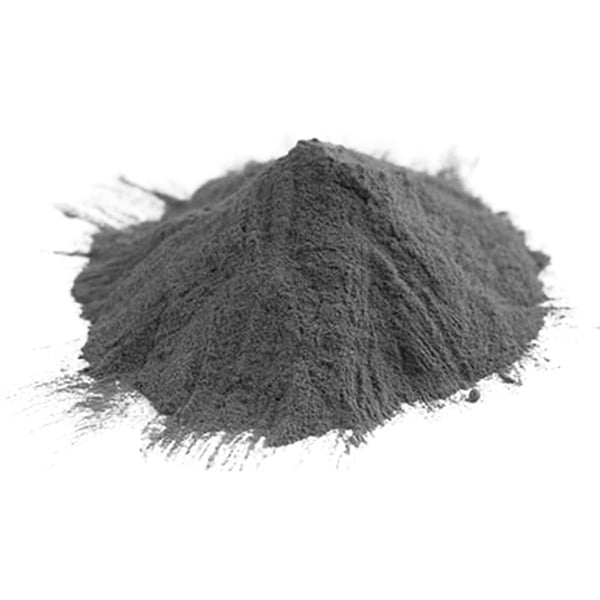
IN738LC is an important Ni-based superalloy widely used to make hot section components in gas turbine engines. It has excellent high temperature mechanical properties combined with good processability. This guide
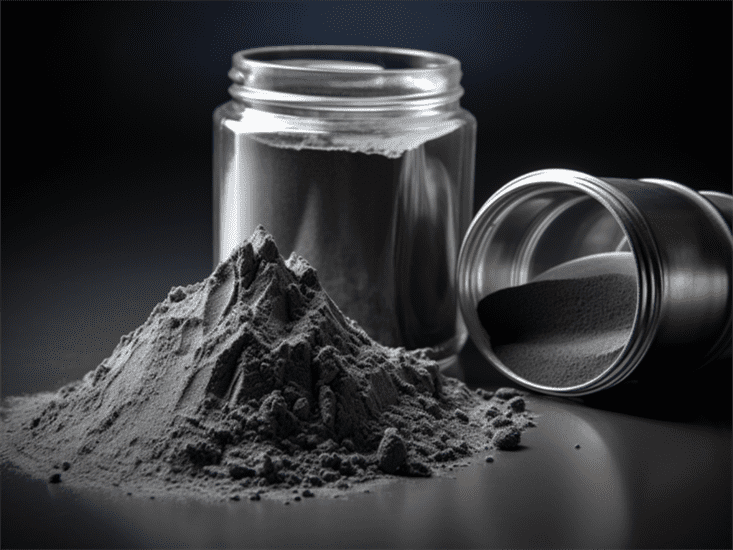
Inconel 625 is a nickel-chromium-molybdenum alloy widely used for its excellent corrosion and oxidation resistance at high temperatures. Inconel 625 powder enables manufacturing components from this alloy using advanced powder

Niobium is a refractory metal with unique properties like high temperature strength, corrosion resistance, and superconductivity. Niobium powder enables manufacturing advanced components from this metal using techniques like additive manufacturing
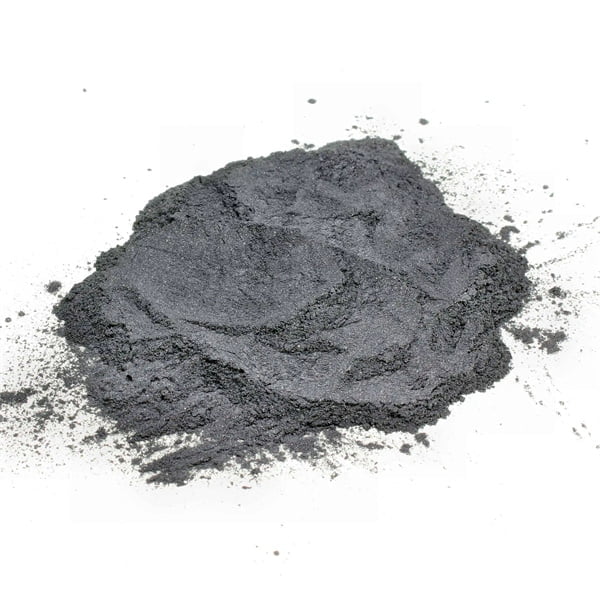
Overview electron beam melting 3d printing is an additive manufacturing technology that uses an electron beam as energy source to selectively melt and fuse metallic powder particles layer-by-layer to fabricate
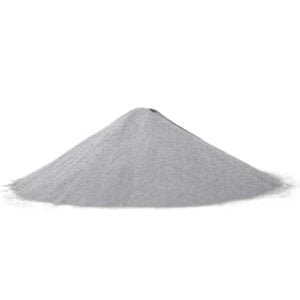
Additive manufacturing (AM), also known as 3D printing, relies on metallic and non-metallic powders to build components layer-by-layer. Choosing a reputable AM powder supplier is crucial for achieving optimal material properties, performance, and end-use part quality. This comprehensive guide provides everything you need to know about selecting the right additive manufacturing powder and supplier, including:
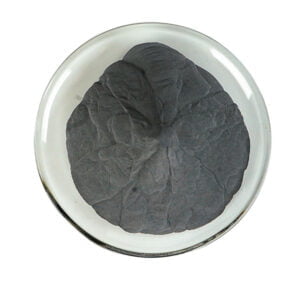
Significance of Additive Manufacturing Powder Suppliers Additive manufacturing, particularly 3D printing using metal powders, is a rapidly evolving field. Suppliers like Metal3DP Technology Co., LTD play a crucial role in this industry. These suppliers specialize in providing 3D printing metal powders for various industrial applications. The significance of such suppliers can be understood through several
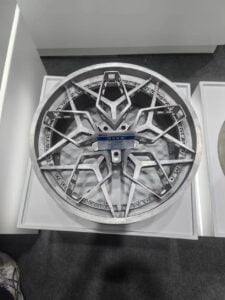
7050 aluminum alloy powder is a high-strength material increasingly used across aviation, aerospace, automotive and other demanding industries. This advanced alloy powder combines excellent mechanical properties with good corrosion resistance. In this comprehensive guide, we will cover everything you need to know about 7050 aluminum alloy powder, including: Overview of 7050 Aluminum Alloy Powder 7050

Significance of Iron Alloys Powder Iron alloy powders are crucial materials used in manufacturing a wide range of products. These powders are made up of various iron particles, ranging in size from 20-200 μm, and their properties can vary significantly based on the production method used. There are three main types of iron powder: reduced
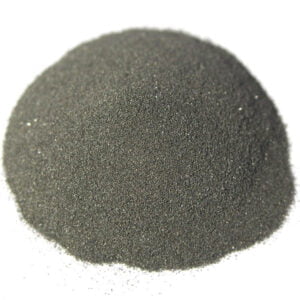
MIM Metal Powder (MIM) is an efficient manufacturing process that combines the design flexibility of plastic injection molding with the strength and properties of machined metal parts. The key material for MIM is metal powder, specifically tailored for this process. This guide provides a comprehensive overview of MIM metal powder including composition, production, properties, applications,
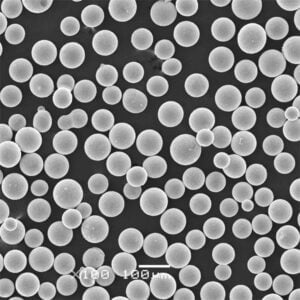
Stainless steel powder is a versatile material with applications across many industries. This guide provides a comprehensive overview of stainless steel powder, including manufacturing methods, grades, properties, applications, and more. Overview of Stainless Steel Powder Stainless steel powder refers to stainless steel particles in a powder form. It is made by atomizing or reducing stainless
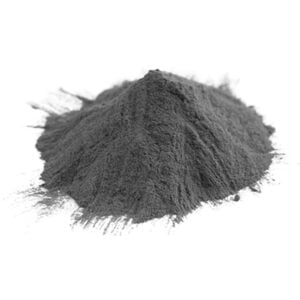
IN738LC is an important Ni-based superalloy widely used to make hot section components in gas turbine engines. It has excellent high temperature mechanical properties combined with good processability. This guide provides a detailed overview of IN738LC including its composition, properties, processing, applications, advantages, limitations, suppliers, and comparisons with alternative superalloys. Introduction to IN738LC Superalloy IN738LC
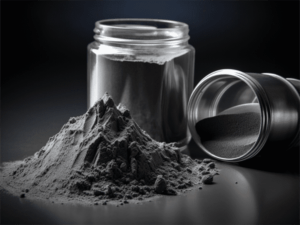
Inconel 625 is a nickel-chromium-molybdenum alloy widely used for its excellent corrosion and oxidation resistance at high temperatures. Inconel 625 powder enables manufacturing components from this alloy using advanced powder metallurgy techniques. This guide covers Inconel 625 powder compositions, properties, production methods, particle characteristics, applications, advantages, limitations, pricing, and comparisons with alternative alloys. Introduction to
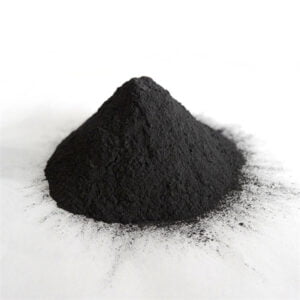
Niobium is a refractory metal with unique properties like high temperature strength, corrosion resistance, and superconductivity. Niobium powder enables manufacturing advanced components from this metal using techniques like additive manufacturing and powder metallurgy. This guide provides a detailed overview of niobium powder including its properties, production methods, particle characteristics, applications, advantages, limitations, pricing, and comparisons

Overview electron beam melting 3d printing is an additive manufacturing technology that uses an electron beam as energy source to selectively melt and fuse metallic powder particles layer-by-layer to fabricate complex 3D parts. Compared to other metal 3D printing methods, EBM offers distinct advantages like excellent mechanical properties, high build rates, vacuum processing benefits, and
Any questions? Send us message now! We’ll serve your request with a whole team after receiving your message.

Xmetto for 3D Printing and Additive Manufacturing